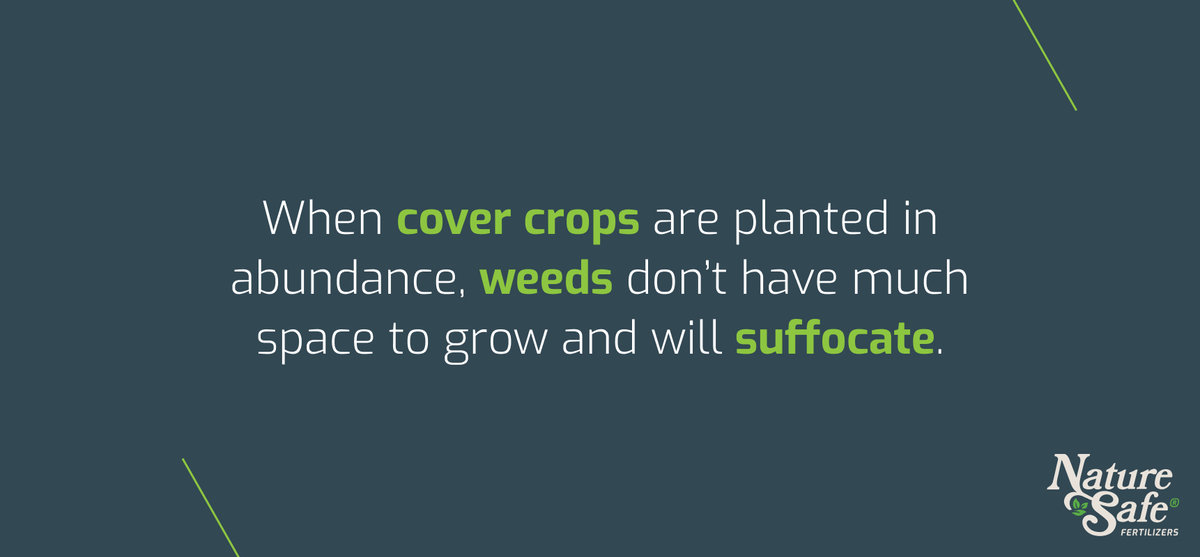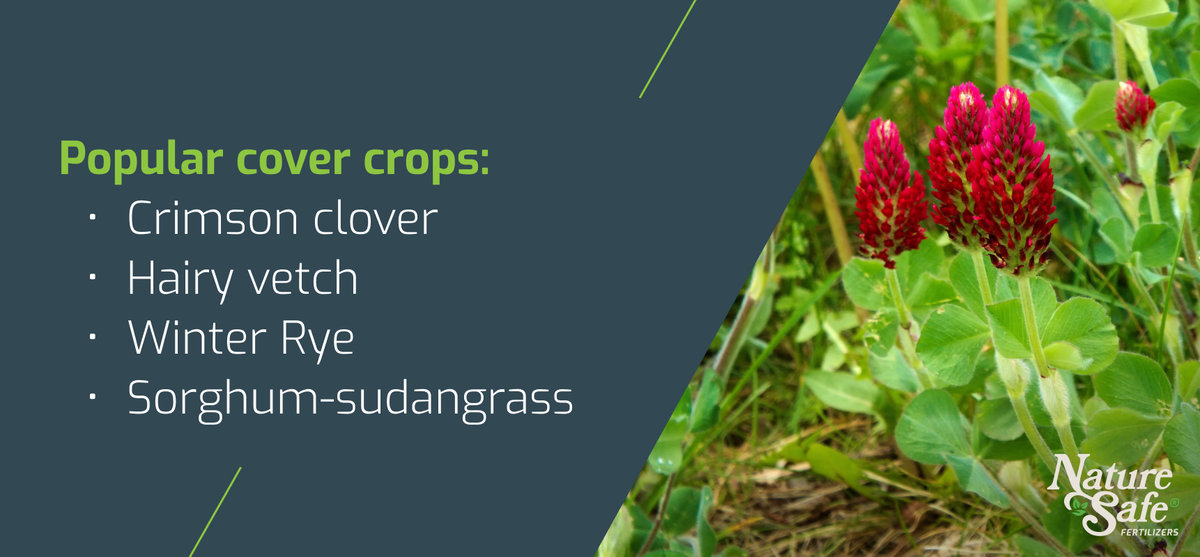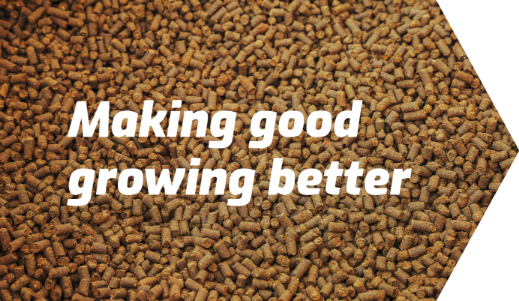
The National Golf Foundation says there are 16,000 golf courses across America. That’s more golf courses than McDonald’s restaurants—and a lot of grass to maintain. Golf course superintendents have been working to perfect turf care for decades.
Golf course maintenance is all about healthy, beautiful, green grass. The tricky part of it is learning what environment each type of turfgrass thrives in, and knowing when and how to make it happen. Luckily, golf course maintenance is simple once a good foundation has been laid, and there are many great organic options for nourishing all types of turfgrass.
Turfgrass Favorites
Golf is popular all across the world. Obviously, the climate is wildly different from place to place, so not all golf courses will have the same turf challenges. While many of the basics of maintenance are similar, they might need specialized organic care. Superintendents and players have no shortage of opinions of which turfgrass makes for better golfing, but a few varieties are more popular than others.

Bermuda
Bermuda grass is one of the most popular grasses across the world because it is so hardy. It can be cut very short without any issues, it’s drought resistant, and it does best in warm climates like southern California and Florida.
Care Basics
Despite being tough, Bermuda grass doesn’t do well in cold weather. It’s not the best for courses in places that drop temperature in the winter. Bermuda doesn’t need as much water as other grasses. It still benefits from aeration and fertilization, which are best done before summer.
Bentgrass
Another type that can withstand the constant walking and golf carts, bentgrass does better in cooler locations. Like Bermuda, most species of bentgrass do well with short, frequent mowing. Despite some extra maintenance, its ability to grow in colder climates makes this an especially popular grass for golf courses.
Care Basics
All varieties of bentgrass require frequent watering, which is why you find it more often on golf courses in states with more moisture. It does well with aeration and fertilization throughout the summer.
Zoysia
Zoysia has become more popular on golf courses because of its drought tolerance. It’s incredibly thick, and also does well in parts of the country with variable seasons.
Care Basics
Like Bermuda grass, zoysia will need to be aerated and fertilized in the spring, but then won’t need much attention after that. It can grow slowly and unevenly, so groundskeepers need to be patient when new zoysia is planted, as mowing too low too early can hurt the young roots.

The Tees, the Green, the Fairway, and the Rough
While it’s possible to use any type of grass for each part of the golf course, some are better suited to some duties than others. For example, Zoysia has very thick, tough blades that grow unevenly. Most superintendents use this for the rough or fairway.
Bermuda and bentgrass have very hardy roots and can be trimmed much shorter than most types of grass and still survive, so they are more popular for greens, tees, and fairways.
Mow Frequently
Some grasses, especially those popular for residential lawns, have a hard time being cut so short. Bermuda can easily tolerate being cut very short. Most golf course superintendents will trim the green once a day, and the fairway every other day. It’s important to start mowing early in the growth process so that it doesn’t get too long and you have to chop off a majority of the grass blade. Even the toughest turfgrasses can’t withstand getting more than ⅓ of the overall height mowed off the top.
Fighting Compaction
Golf course turfgrass sees a lot of traffic. High traffic means the soil underneath gets packed down. This can harm the grasses, since nutrients and moisture have no way to move through the soil to the roots.
One way to combat this is through aeration. Punching holes through the first few inches of soil where the grass roots live creates the space needed for nutrients to enter and the microbes that nourish the grass.
Sand top coating is another way to help out compacted soil. A small layer of sand on the surface of the soil not only creates a small cushion between your golf cleats and the soil, but it helps drain any excess moisture that may occur.

Fertilize Early
To get the most out of any plant, you need to fertilize. Just because grass on golf courses doesn't grow tall and flower, it doesn't mean it’s not craving nutrients.
While no nutrients are unimportant, nitrogen is what nearly all species of turfgrass needs most. Organic nitrogen-rich fertilizers are recommended before and after the hottest parts of summer for grasses that grow in warmer climates to avoid evaporation, also called Summer Stress. Some cooler climates don’t have as much of an issue with the weather and golf courses can be fertilized during the summer.
Going Organic with Your Golf Course Maintenance
Organic turf maintenance is very similar to organic lawn care for your home. Luckily, switching to organic fertilizers is an essential first step needed to go organic for golf course maintenance. Organic fertilizers are the best way to deliver proper nutrition quickly to your soil and turfgrass. Synthetic chemicals may make the grass green, but can be harmful to the environment and watershed.
Nature Safe Fertilizers offers OMRI listed products that are perfect for golf course care. Nature Safe also produces several fortified formulations that combine the benefits of organic nutrition with the quicker release of conventional fertilizers. Our nitrogen-rich fertilizers make for happy golf course superintendents and golfers, as well as healthy soil and turf. Score a hole in one with Nature Safe Fertilizers today! Call us at 800-743-7413.
